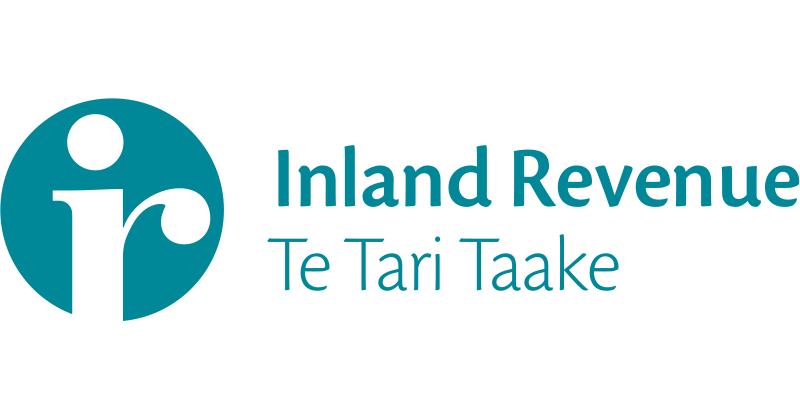Trustees must provide a raft of information to the IRD with their trust’s tax return for the 2021/2022 tax year, including:
- A statement of profit or loss and a statement of financial position
- Details of all settlements on the trust, including the provision of services for less than market value (unless minor and incidental to the trust’s activities), and full details of each settlor who made a settlement
- Details of all distributions (whether taxable or not, monetary or not) and full details (name, date of birth, jurisdiction of tax residence, tax filing numbers) of all beneficiaries who received distributions
- Details identifying those who have the power to appoint or dismiss a trustee, add or remove a beneficiary or to amend a trust deed
Furthermore, the IRD can require trustees to provide this information for each tax year back to 1 April 2014.
Why is the IRD collecting this information?
These increased reporting requirements were brought in under urgency to coincide with the increase in the top marginal tax rate to 39 per cent for individuals with income over $180,000.00. The IRD is concerned that individuals may try to use trusts to divert personal income to avoid this tax, so will now be keeping a much closer eye on trust activities.
Are all trusts required to provide this information?
Trusts that are registered as non-active will not be subject to the new obligations. A trust will be considered non-active if the trust’s assets are either not income-producing (e.g., a family home or bach that is not rented out) or produce less than $200 of income annually (such as interest on a trust bank account). Trusts with income or expenses not exceeding $30,000.00 in a tax year and with total assets worth less than $2,000,000.00 have slightly reduced reporting requirements but will still need to provide much of the new information being sought. The IRD estimates that around 180,000 trusts will be affected by the new disclosure requirements.
Start preparing now!
The compliance costs for some Trusts will be substantial, particularly if the IRD requires information for the last 8 tax years. Collecting this information will be very challenging for some trusts so trustees should now consider how to gather these details to avoid a mad scramble when the return is due. Now is the time to get in touch with your lawyer and accountant to make sure that your paperwork is in order and up to date.
Is it time to review my family trust?
The combination of these new reporting requirements and the new obligations of disclosure to beneficiaries under the Trusts Act 2019 mean that operating a trust will require more administration (and therefore more cost) than before. In many cases, the benefits of the trust outweigh this increased burden, but it is worth arranging a careful review of your trust so that you can make an informed decision about the trust’s future.
Contact us now
Our experienced trust lawyers are here to help you get your paperwork in order and to review your trust structure with you. Contact our trust specialists or call us on 06 561 0838.
 Skip to content
Skip to content






